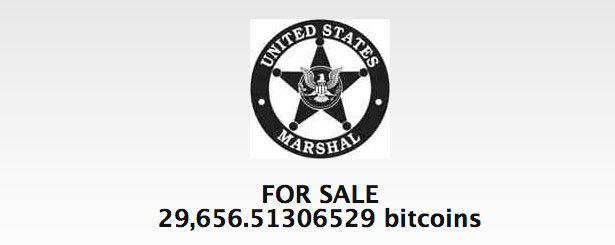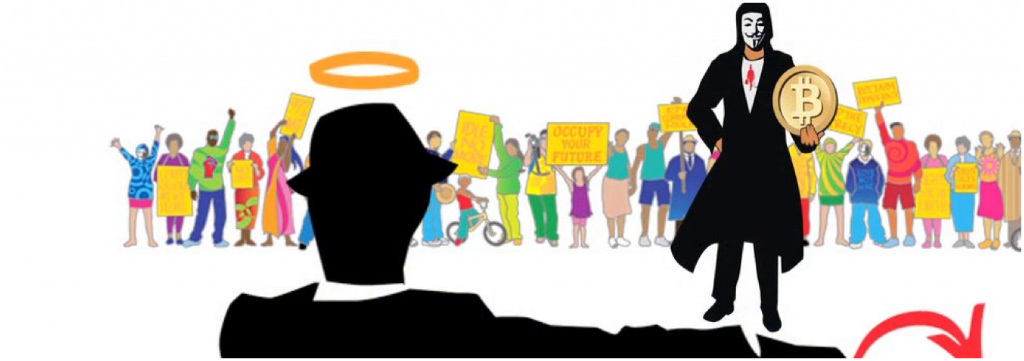This is a guest post by Daniel Friedberg of Riddell Williams.
Actions Speak Louder than Words; Feds Agree to Auction Bitcoin
Bitcoins seized in connection with drug trafficking were auctioned off by authorities on June 27. The auction took place on June 27 from 6:00 a.m. to 6:00 p.m. EDT. The property was sold in nine blocks of 3,000 bitcoins, and one block of approximately 2,656 bitcoins, for a total of approximately 29,657 bitcoins.
The winning bidder will receive a signed Bill of Sale from the United States Marshals Service in connection with the transfer of the bitcoins. By such Bill of Sale, the US will by its actions confirm that bitcoin may be sold to the general public, thereby finally endorsing the concept of bitcoin fungibility, albeit, ironically, for its own account.
This historic transaction is being cited as evidence that a bitcoin sale does not constitute a sale of securities under Federal law.
The bitcoin will apparently not be sold by the US Marshal in a registered securities offering, or one that expressly meets an exemption from registration, as the auction has been publicly advertised without typical required boilerplate securities contract provisions. Concerns that the SEC might take the position that bitcoin constitutes a “security” are not consistent with the Federal government’s proposed sale terms. It is noted that the bitcoin being sold in the auction is freely marketable by the purchaser, without resale restrictions that would be typically required after a sale of unregistered securities.
The auction comes on the heels of IRS guidance regarding the taxation of bitcoin transactions. It appears that the US government has finally accepted that there will be no stopping bitcoin sales anytime soon.
Most States Still on the Fence
As the Federal government has clarified its position, most states have reacted slowly to the bitcoin phenomena. Under Federal law, a company that is in the business of exchanging fiat currency for bitcoin is required to register as a Money Service Business (MSB). However it remains unclear in most states whether a state money transmitter license will also be required for such activity.
While New York is working on its BitLicense regime to license virtual currency exchange businesses, Maryland has indicated that virtual currency remains unregulated in its state. Montana and South Carolina do not register money transmitters at all. Other states have issued their own pronouncements about bitcoin but most states have remained silent on whether exchange businesses are required to be licensed as money transmitters, although applications are often nonetheless considered by regulators on a “case by case” basis.
About the Author – Daniel Friedberg of Riddell Williams PS is a business attorney specializing in payment matters, including bitcoin and other virtual currencies. Daniel can be reached at dfriedberg@riddellwilliams.com.














